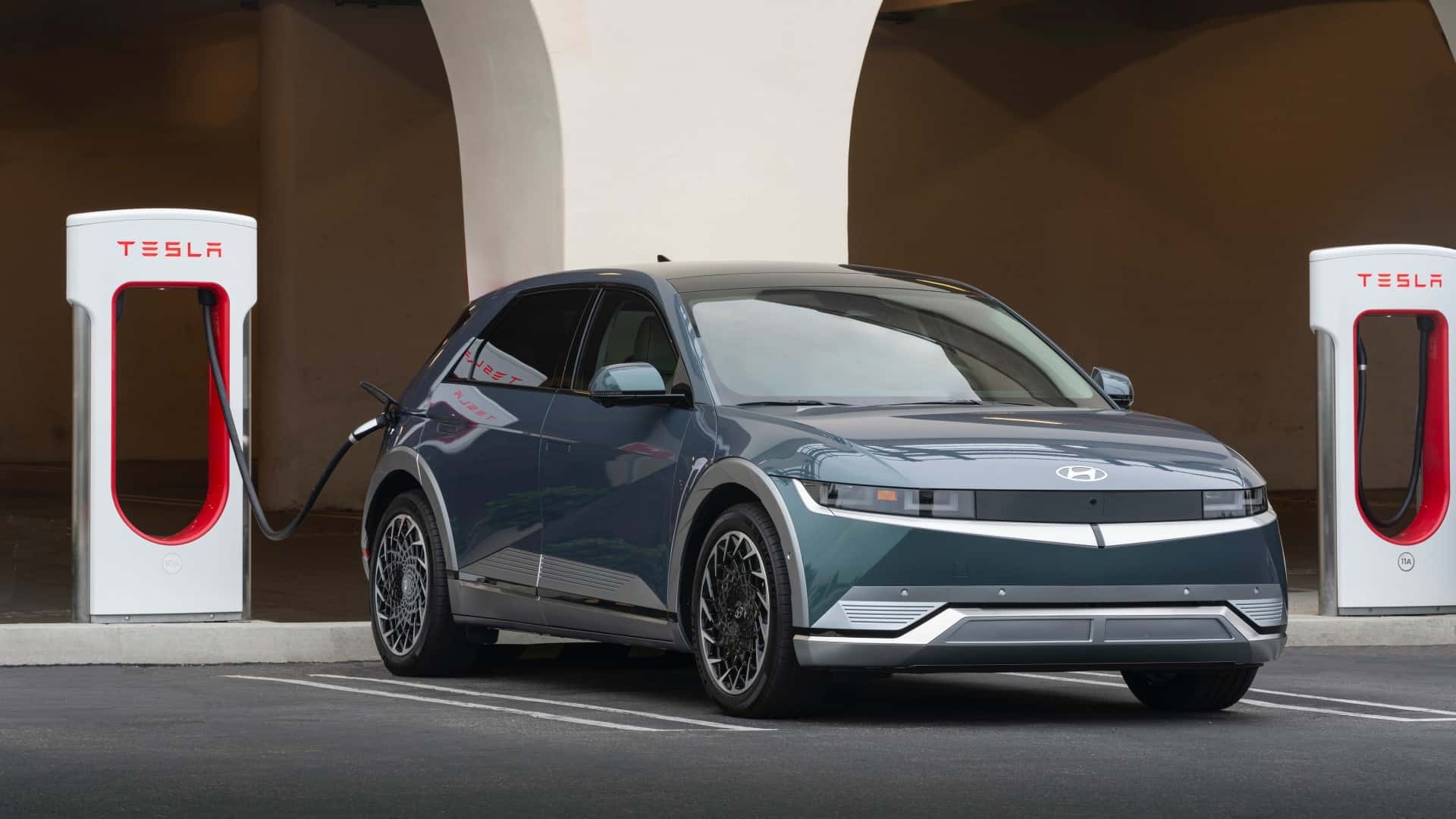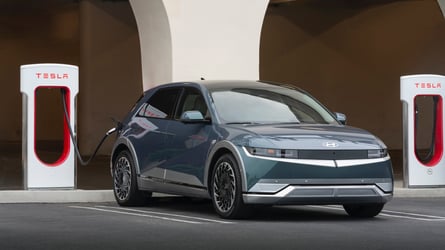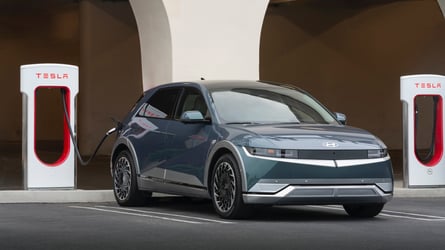

California reached a crucial new goal last week regarding its target for EV adoption. Governor Gavin Newsom’s office announced that there is one electric vehicle charging station for every five gas stations in California, the most populous U.S. state and the state that is very far ahead of the rest of the country regarding the number of EVs on the road.
Newsom’s office announced the milestone on April 27 that an estimated 105,000 public and shared private charging stations — including 10,000 Level 3 fast charging stations — had been installed across California, in addition to about half a million home charging stations.
California leads the U.S. with the most installed fast charging stations.
An estimated 105,000 public and shared private charging stations—including 10,000 Level 3 fast charging stations—had been installed across California.
It may sound like a lot given that EVs made up far less than 10% of new car sales last year, but in California, 25% of new vehicles sold in 2023 were ZEVs (including leased hydrogen-powered cars), and more than a third of all new EVs sold in the U.S. were in the state. The California Energy Commission estimates that as of last year, there are roughly 1.8 million zero-emission vehicles registered in the state, a number that’s expected to take another big jump in 2024, even with depressed EV sales growth. Sales of plug-in vehicles in the state nudged up slightly in the first quarter of this year.
While California claims that if it were its own country, it would rank fourth in the world for EV sales, Newsom used April’s development in the charging station count to show off a Ford Mustang Mach-E at a Tesla Supercharger station, highlighting the automakers that have agreed to adopt the NACS charging standard on their vehicles. But so far, only Ford and Rivian have publicly unlocked their vehicles and started shipping adapters for their EVs, while others haven’t reached that step yet. However, California includes the Superchargers in its charging station count.
More charging stations that accommodate new and existing EVs are planned, though. The state energy commission touts its $1.9 billion deal for new charging and hydrogen filling stations that is supposed to add 40,000 Level 2 and Level 3 stations in California, especially in disadvantaged communities and those regularly plagued with poor air quality. That’s also part of an initiative to provide more state incentives to low-income residents to purchase used EVs and accommodate those without access to charging stations.










